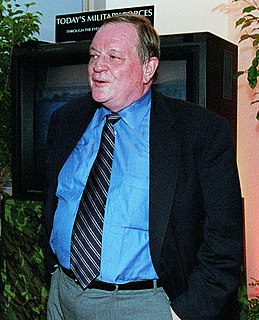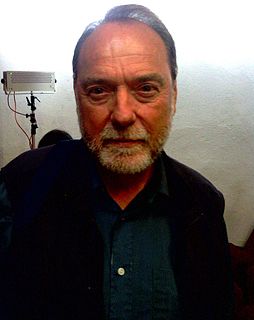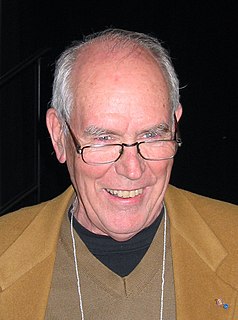A Quote by Jo Swinson
My experience in government is there is a whole host of unintended consequences you have to think through. I can't un-know that, I find it harder now to offer simple solutions.
Related Quotes
The flow of action continually produces consequences which are unintended by actors, and these unintended consequences also may form unacknowledged conditions of actions in a feedback fashion. Human history is created by intentional activities but is not an intended project; it persistently eludes efforts to bring it under conscious direction.
Unintended consequences get to the heart of why you never really understand an adaptive problem until you have solved it. Problems morph and "solutions" often point to deeper problems. In social life, as in nature, we are walking on a trampoline. Every inroad reconfigures the environment we tread on.
First you guess. Don't laugh, this is the most important step. Then you compute the consequences. Compare the consequences to experience. If it disagrees with experience, the guess is wrong. In that simple statement is the key to science. It doesn't matter how beautiful your guess is or how smart you are or what your name is. If it disagrees with experience, it's wrong. That's all there is to it.
Complexity has and will maintain a strong fascination for many people. It is true that we live in a complex world and strive to solve inherently complex problems, which often do require complex mechanisms. However, this should not diminish our desire for elegant solutions, which convince by their clarity and effectiveness. Simple, elegant solutions are more effective, but they are harder to find than complex ones, and they require more time, which we too often believe to be unaffordable


































